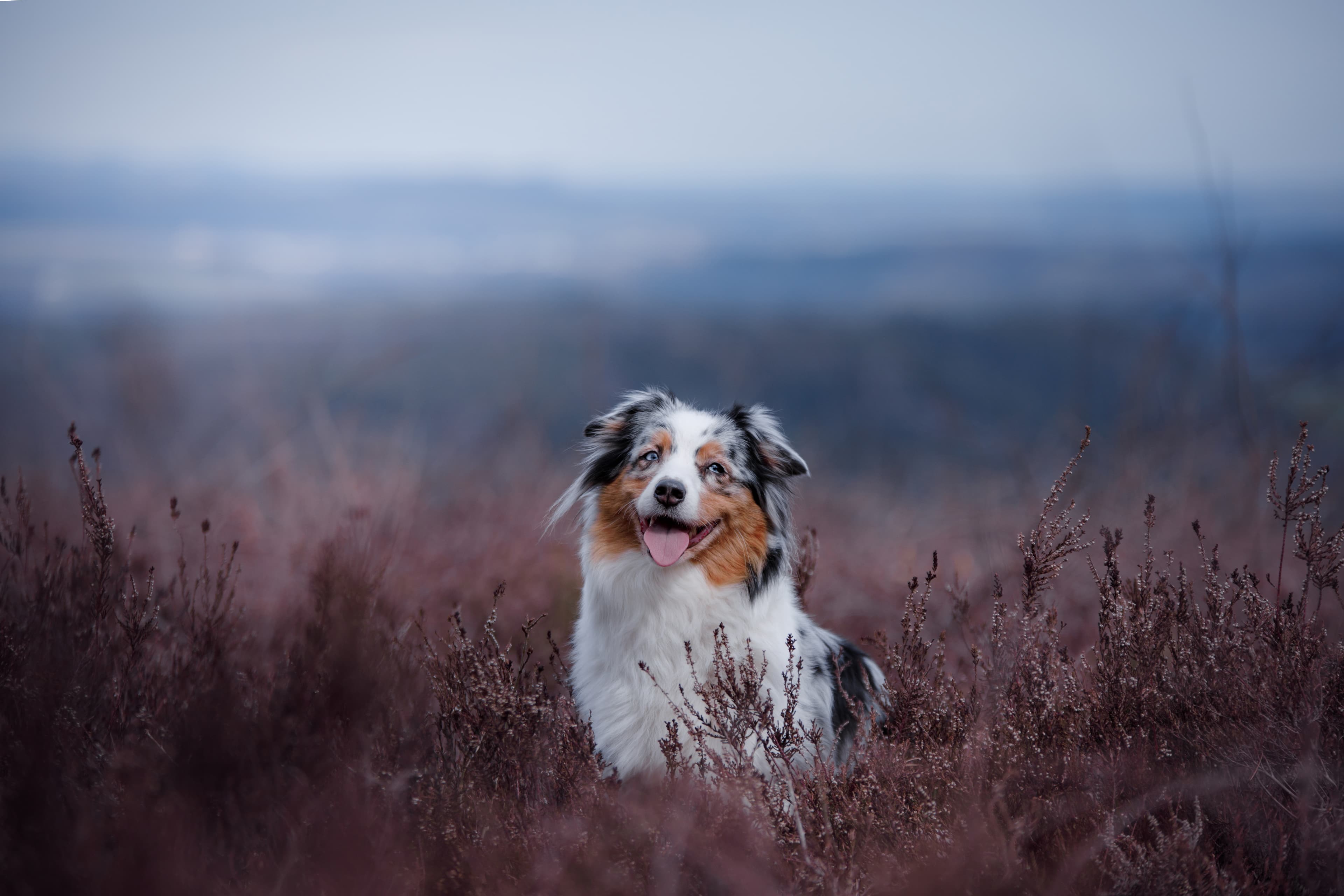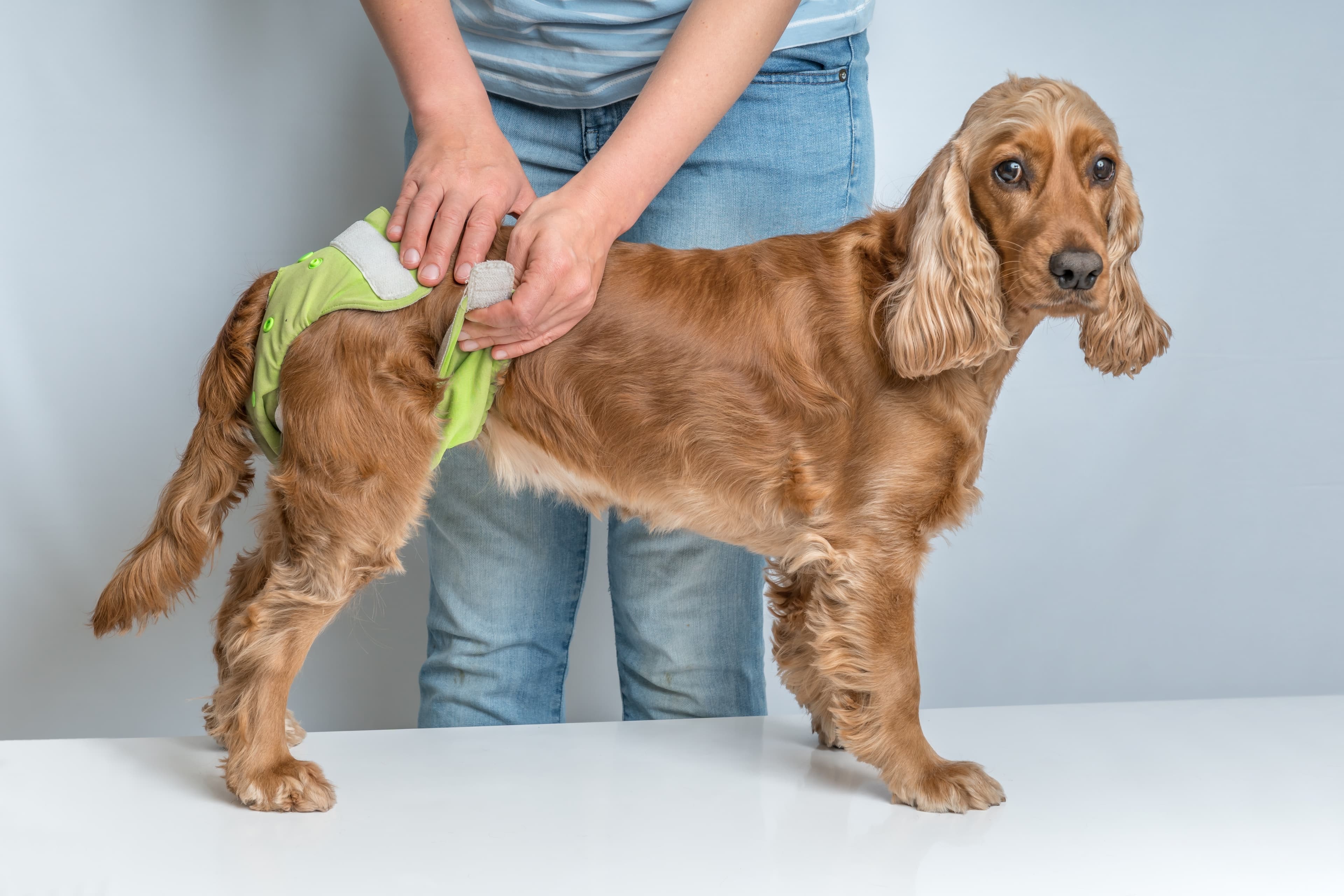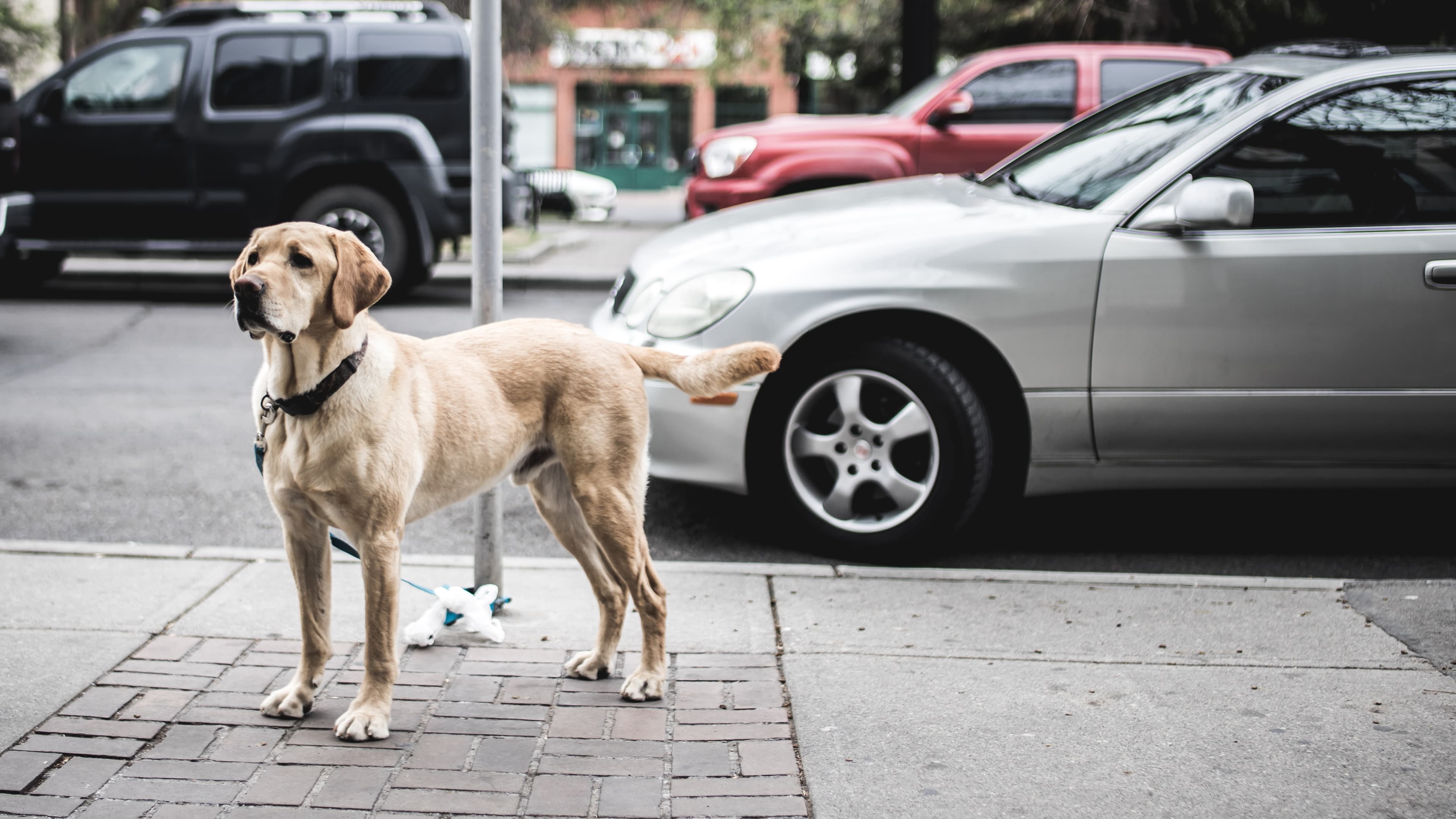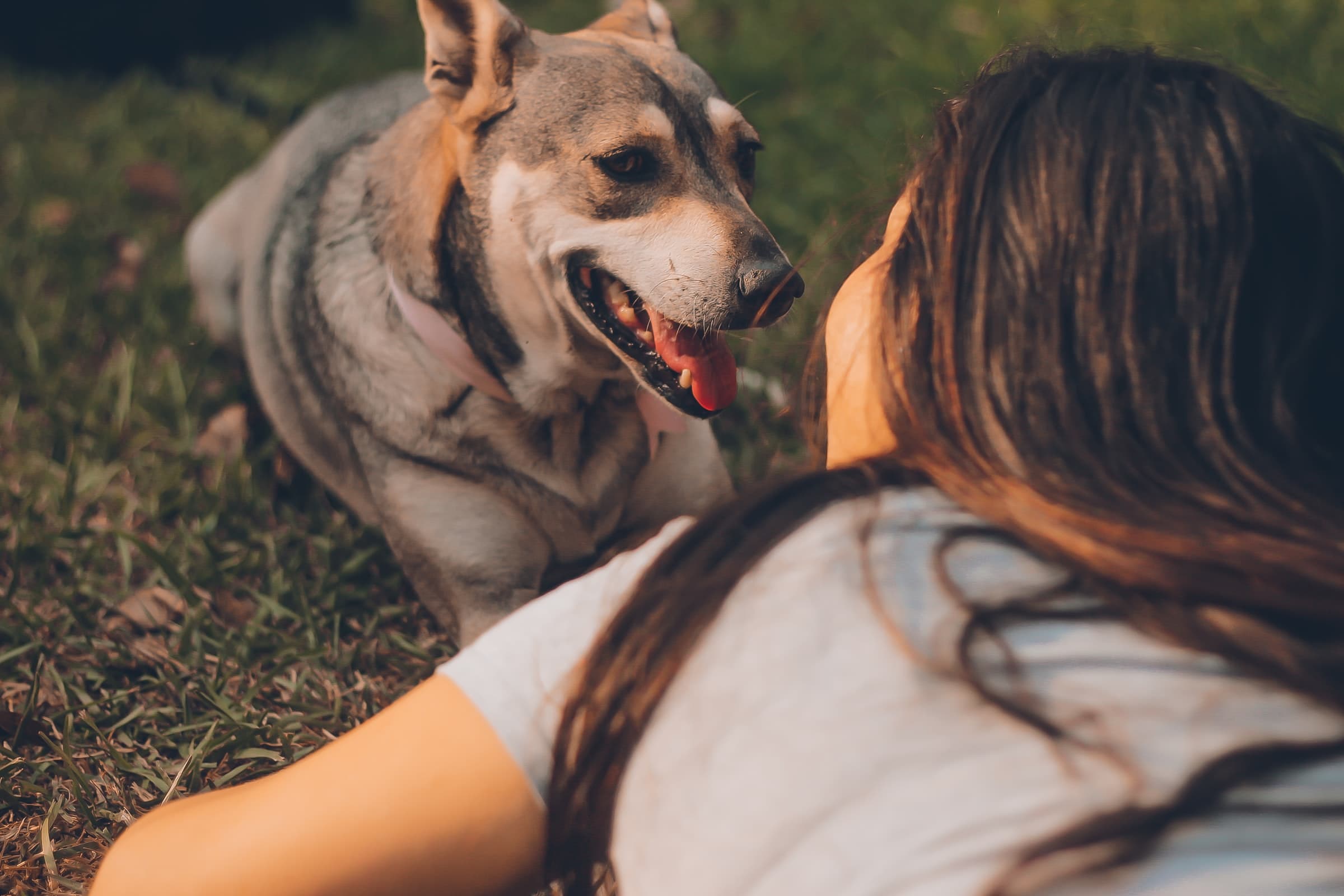Alles, was du über Impfungen bei Hunden wissen musst
Impfungen spielen eine entscheidende Rolle beim Schutz von Hunden vor einer Reihe von potenziell lebensbedrohlichen Krankheiten. Genau wie beim Menschen tragen Impfungen dazu bei, das Immunsystem Ihres Hundes zu stärken und ihn darauf vorzubereiten, Infektionen abzuwehren, bevor sie sich festsetzen können. Unabhängig davon, ob du ein neues Haustier hast oder schon seit Jahren einen Hund hältst, ist es wichtig, die Grundlagen der Hundeimpfungen zu kennen, damit dein pelziger Freund gesund und sicher bleibt.
Warum sollte dein Hund geimpft werden?
Das Impfen deines Hund hilft bei der:
Vorbeugung gegen schwere Krankheiten wie Parvovirose, Staupe und Tollwut
Begrenzung der Ausbreitung ansteckender Krankheiten innerhalb von Hundegemeinschaften
Erfüllung gesetzlicher Auflagen in bestimmten Ländern (z. B. obligatorische Tollwutimpfung)
Gewährleistung eines sicheren Umgangs mit anderen Haustieren und Menschen
Die Impfung ist ein proaktiver Schritt - sie schützt nicht nur deinen Hund, sondern auch die öffentliche Gesundheit und die gesamte Tierpopulation.
Gegen was wird der Hund geimpft?
- Staupe
Die Staupe wird durch ein Virus namens Canine Distemper Virus (CDV) verursacht. Staupe kann zu einer sehr schweren Krankheit führen, die für die betroffenen Hunde leider oft tödlich endet. Dank der Tatsache, dass wir in Schweden und Deutschland unsere Welpen gut impfen, ist diese Krankheit sehr selten.
- Hepatitis
Es handelt sich um HCC (Hepatitis contagiosa canis), eine durch Viren verursachte Hepatitis, gegen die dieser Impfstoff schützt. Die Krankheit kann sowohl bei Welpen als auch bei Hunden einen raschen Verlauf nehmen und zu sehr schweren Erkrankungen und plötzlichem Tod führen. Aufgrund der weit verbreiteten Impfung kommt sie hier in Schweden und Deutschland nicht vor.
- Parvo
Parvo oder Parvovirus ist ein Virus, das in der ganzen Welt und auch in Schweden und Deutschland weit verbreitet ist. Wenn dein Hund infiziert ist, kann er sehr krank werden. Auch hier hat die gute Gewohnheit der deutschen und schwedischen Hundebesitzer, ihre Hunde zu impfen, dazu geführt, dass die Krankheit bei unseren einheimischen Hunden selten ist.
- Zwingerhusten
Zwingerhusten ist eine Sammelbezeichnung für eine ansteckende Atemwegsinfektion bei Hunden. Häufige Symptome des Zwingerhustens sind Husten, laufende Nase und manchmal Fieber. Wenn du deinen Hund gegen Zwingerhusten impfen lässt, solltest du wissen, dass dein Hund nicht vollständig gegen Zwingerhusten geschützt ist. Auch ein geimpfter Hund kann an Zwingerhusten erkranken, allerdings meist mit milderen Symptomen.
Ungeimpfte Welpen
Vor der zweiten Impfung im Alter von 12 Wochen, nach der der Impfschutz voraussichtlich vollständig ist, solltest du vorsichtig sein, wenn du andere Hunde triffst. Wenn du den Welpen vorher zu anderen Hunden lässt, müssen diese geimpft sein. Menschen stellen nur ein sehr geringes Risiko für den Welpen dar und sind in der Regel unbedenklich, obwohl sie theoretisch Infektionserreger von einem kranken Hund auf den Welpen übertragen können, z. B. über ihre Kleidung.
Impfung bei Reisen ins Ausland
Wenn du mit deinem Hund ins Ausland reist, muss der Hund in der Regel gegen Tollwut geimpft sein (alle Länder außer Norwegen), und je nach Reiseland können auch andere Impfungen (z. B. gegen Leptospiren) erforderlich sein. Wenn du mit deinem Hund verreisen willst, solltest du dich in jedem Land erkundigen, welche Empfehlungen und Anforderungen für die Einreise des Hundes gelten.






